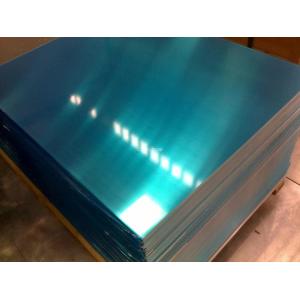Product Details
Aluminum production is an important industry that plays a crucial
role in modern manufacturing. Aluminum is a lightweight and
versatile metal that is used in a wide range of industries,
including aerospace, construction, automotive, and packaging.
An aluminum plant typically consists of several key components,
including the smelter, which is where raw materials are melted and
refined into aluminum ingots, and the rolling mill, where the
ingots are flattened into sheets or other forms.
The smelting process involves the use of large amounts of
electricity, as well as chemicals and other materials, to melt and
refine aluminum from bauxite ore. The resulting aluminum is
typically cast into ingots that are then transported to the rolling
mill for further processing.
At the rolling mill, the ingots are heated and flattened into thin
sheets, which can be used in a variety of applications, including
the production of aluminum cans, automotive parts, and construction
materials. Other equipment at the plant may include extruders and
injection molding machines for shaping the aluminum into specific
forms.
Overall, the aluminum production process is complex and requires
careful management of resources and materials to ensure quality and
efficiency. However, with the growing demand for lightweight,
durable materials, the aluminum industry is likely to continue to
play a vital role in modern manufacturing for years to come.
Company Profile
Aluminum production is an important industry that plays a crucial
role in modern manufacturing. Aluminum is a lightweight and
versatile metal that is used in a wide range of industries,
including aerospace, construction, automotive, and packaging.
An aluminum plant typically consists of several key components,
including the smelter, which is where raw materials are melted and
refined into aluminum ingots, and the rolling mill, where the
ingots are flattened into sheets or other forms.
The smelting process involves the use of large amounts of
electricity, as well as chemicals and other materials, to melt and
refine aluminum from bauxite ore. The resulting aluminum is
typically cast into ingots that are then transported to the rolling
mill for further processing.
At the rolling mill, the ingots are heated and flattened into thin
sheets, which can be used in a variety of applications, including
the production of aluminum cans, automotive parts, and construction
materials. Other equipment at the plant may include extruders and
injection molding machines for shaping the aluminum into specific
forms.
Overall, the aluminum production process is complex and requires
careful management of resources and materials to ensure quality and
efficiency. However, with the growing demand for lightweight,
durable materials, the aluminum industry is likely to continue to
play a vital role in modern manufacturing for years to come.



